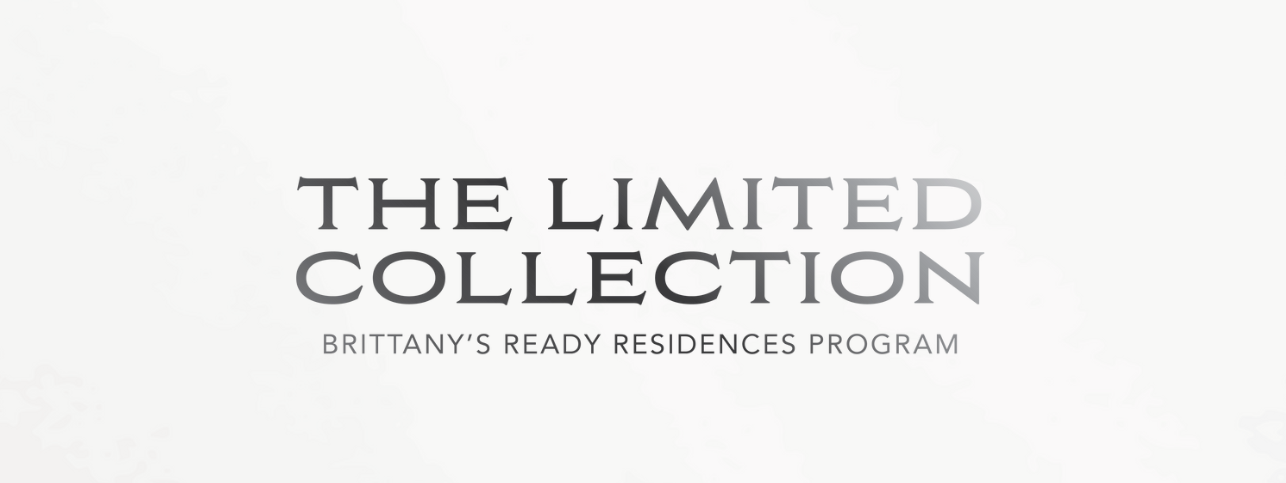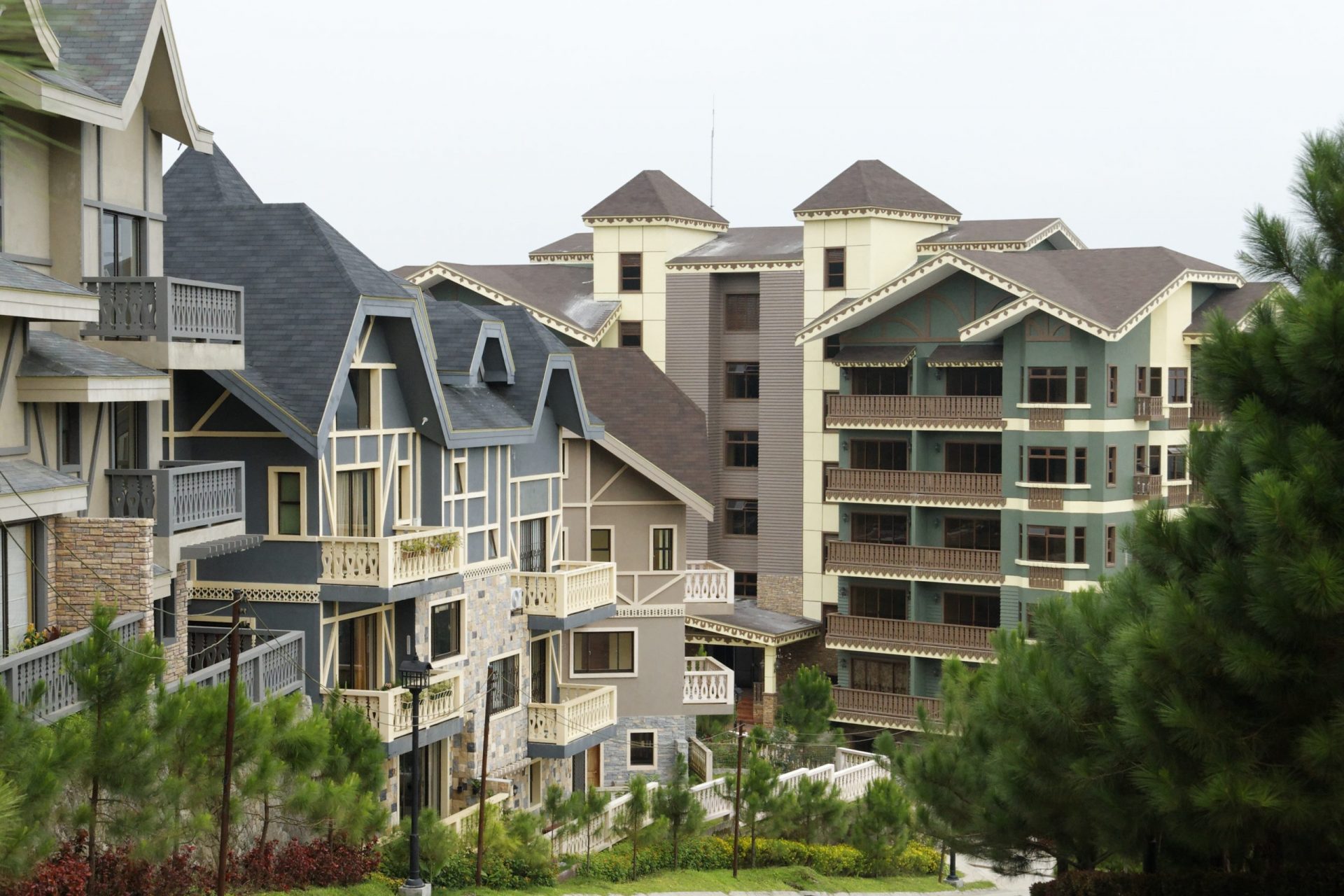BLOGS
Everything You Need to Know About VUL Insurance
First and foremost, before you deep dive into the world of investment—let alone VUL Insurance, it is important to set the tone. Most importantly, it is essential to set the right mindset and investment objectives before being sucked into the myriad of lifelong coverage investment opportunities available in the market today.

Investments can be a great asset if you are fully informed and readily equipped.
Investing is a term open to many different interpretations. You could be investing in properties for sale, a family car, or even investing in yourself. Whatever it is, you are investing in something in order to benefit from it, which is what we call the ROI or return on investment. If you invest in a luxury mansion house, you benefit from its comforts and security, as well as its earning potential as a rental property; if you invest in a family car, your family benefits through air-conditioned rides to school and summer vacation spots; and you invest in yourself through an art class with a famous painter or by indulging in luxury goods in order to elevate your lifestyle.
Fortunately, there are many types of investments to choose from; and all of them require research and caution. Unfortunately, not many Filipinos are aware of a type of investment that doubles as an insurance policy: VUL Insurance. Here’s a rundown of everything you need to know.
What Is Variable Universal Life Insurance?
VUL stands for Variable Universal Life. It is a type of permanent life insurance policy with a built-in savings component that allows for the investment of the cash value. This means that you’re hitting two birds with one stone, with the benefits of its insurance policy component and an investment component.
Moreover, VUL Insurance is a permanent life insurance policy therefore it does not expire and comes with death benefits. A death benefit is a payout to the beneficiary of a life insurance policy, annuity, or pension when the insured or annuitant dies. For life insurance policies, death benefits are not subject to income tax, and named beneficiaries ordinarily receive the death benefit as a lump-sum payment. Now death is a grim topic indeed, but it is only smart to include this in your family plans in case of emergencies.
The Investment Component of Variable Life Insurance
VUL Insurance is a viable investment opportunity. In fact, it is so diverse and can be personalized to a certain degree. This service is also available in a number of insurance companies and financial service providers such as Manulife, Pru Life UK, and Sun Life Financial. When you entrust your money to these corporations, they then invest a part of it on stocks, bonds, or funds of your choice. This provides an avenue for your money to grow in multiple investment platforms at the same time.
However, similar to all investment options out there, there is no guarantee that your money will grow. Your personal financial adviser will agree that the outcome would still largely depend on the market and the economy, as with all investments. You may also find that other more specific investment options are more profitable depending on the season, which explains why the value of cryptocurrency boomed at the beginning of the New Normal yet is stagnating now. The analogy is that you either put all your eggs in one basket that will give you a quick success or failure, or you put some eggs here and there yet experience slow but steady growth.

Cryptocurrency is one form of investment that depends on popularity.
If you want a financial advisor to manage your investments, then VUL Insurance is a great option. However, if you want full control over your finances, check out Term Funds or Buy Term, Invest the Difference (BTID). This is another insurance option that allows you to ensure your money and enables you to decide which amount you can afford to allot for investments—may it be stocks or a business you would like to start.
The Savings Component of VUL Insurance
VUL Insurance is perfect for those who plan on saving to purchase the most beautiful houses in the Philippines. This is mainly because of the investment component as well. However, unlike other investment and insurance options, VUL Insurance does not take an entire lifetime to pay, yet it covers a lifetime worth of insurance. Sounds too good to be true?
Depending on the financial service provider of your choice, you may opt to pay in installments for only 5, 10, 15, or 20 years and get your loved ones and yourself covered for the rest of your lives! This is completely different from other insurance schemes that require you to pay for a much longer period in order to experience the benefits of the scheme for longer. Technically, you are saving up for both your immediate and distant future needs.
Speaking of needs, one never knows the challenges that he/she may face in the future. That is why it is essential that you save your income and allot a certain amount for emergencies. With VUL Insurance, you get a supplementary death benefit or Accidental Death Benefit (ADB) as mentioned earlier. Fortunately here in the Philippines, clients can also have the Total Disability Waiver (TDW) and Critical Illness Benefit (CIB) which waives premium fees upon onset of long-term disability or chronic illness. Lastly, it also covers 60 or more common and critical illnesses. Some major corporations even incentivize you with a loyalty bonus every five or fewer years.
Now, on a lighter note, VUL Insurance is also beneficial for life, not just death. It’s a great option for investing in your children’s education, premium luxury real estate, your retirement plans, and any important milestone in life. You can maximize your money’s worthwhile simultaneously maximizing your life. You see, VUL Insurance gives both protection and the opportunity to grow savings over time.
Consult with your financial advisor or get in touch with trusted financial service providers to learn more about this investment and insurance policy. Be sure to double-check and fully understand the policy to avoid misunderstandings and unforeseen situations.

Always consult your financial advisor to learn the details of any investment.
Tips and Terms You Need To Know Before Investing in Life Insurance
1. Premium – The amount you pay for your VUL Insurance policy. This policy allows you to pay regularly and make excess premium payments. You should only purchase a regular premium VUL Insurance product if you intend to pay the regular premium for the whole duration of your chosen payment term. Should you terminate the policy early, you are likely to get less than the total amount of premiums paid overtime.
2. Premium Charge – The amount deducted from the Premium each time a payment (whether regular or excess premiums) is made. It is used to cover distribution and administrative expenses. It is a percentage of the premiums and diminishes after a few years.
3. Amount Allocated to the Fund – This portion is used to buy units in your chosen fund.
4. Fund Units – These are determined by the Amount Allocated to the Fund by the applicable NAVPU (Net Asset Value per Unit). NAVPU is the unit price of a VUL fund, net of Fund Management Charges.
5. Insurance Charges and Periodic Charges – The charges are applied regularly to keep your policy running. These are paid by deducting fund units on a monthly basis and for as long as your policy payment runs.
6. Fund Value – Remaining fund units multiplied by the applicable NAVPU. This value can be computed by your financial adviser for you at any given time. The Fund Value is not guaranteed and returns are not based on historical performance. Thus, the value of fund units will depend on the actual performance of the fund at any given time. It is also possible that the Fund Value of the policy could be less than the premiums paid for several reasons such as charges imposed on the policy, withdrawals, or as a result of declines in the NAVPU/Unit price of the applicable funds.
Investment Risks Applicable to VUL Policy and Other Life Insurance Policies
1. Credit Risk – This risk refers to the probability that a counterparty to an investment may not be able to fulfill its obligations accordingly, which leads to a decline in the value of a money market or debt security such as a bond.
2. Currency Risk – Also known as Foreign Exchange Risk. This risk refers to the probability that the value of investments held in foreign currencies, such as the US Dollar, may fluctuate against the local currency or Philippine Peso due to changing interest rates and inflation rates. This risk may also occur when foreign governments restrict currency exchange, impeding cash distributions or processing of fund redemptions.
3. Interest Rate Risk – This risk refers to the possibility that the value of an investment with holdings in fixed-income securities such as bonds may rise and fall as interest rates change. When interest rates fall, the value of an existing bond rises. Conversely, when interest rates rise, the value of an existing bond generally falls.
4. Liquidity Risk – This risk refers to the possibility that assets or securities may not be bought or sold within a desired time and at fair value, which may affect the value of an investment; onr satisfy investment purchase and redemption services of the financial services provider to its policyholders.
5. Market Risk – This risk refers to the probability that the market value of an investment will rise or fall based on overall market conditions. The value of the market can fluctuate depending on general economic and financial conditions, as well as political, social, and environmental factors.
6. Regulatory Risk – This risk refers to the probability that certain laws and regulations applicable to investments, including income tax and securities laws and the administrative policies and practices of regulatory authorities, may change in a manner that adversely affects the value of an investment.
7. Taxation Risk – This risk refers to the probability that the application of tax on investment may differ because of its jurisdiction. In some cases, tax treatment may change before the maturity or redemption date of an investment. For more information on the effects of tax on the acquisition, ownership, or liquidation of investment funds, it is best to consult a trusted or independent tax adviser.
When An Investment Becomes The Investment: Mansions in the Philippines are Permanent Life Insurance

Check out this romantic tower at the Victorian houses of La Posada.
One of the best things to place investment is a luxury house and lot for sale, and there are many reasons why no matter yours investment objectives. The warm emotions and all the excitement that come with a new home always signifies a fresh start for a family or a couple. Families who move to a luxurious new neighborhood get to embrace an elevated sense of security, safety, comfort, and convenience. This is because the best shopping centers and lifestyle hubs are always nearby expensive properties for sale. Together with this is the elegance and premium lifestyle exuded by a luxury mansion house and its surroundings. It is a symbol of power, wealth, and success. No wonder the wealthy always throw intimate parties, hosting events to extend this blessing to their loved ones. A masterpiece, after all, is only one when appreciated in full.

Families thrive better in open spaces, surrounded by nature.
All of these connotations of a warm and thriving household make up an ideal home. However, the best thing about the most beautiful houses in the Philippines is that they are the gift that keeps on giving. When you invest in the market, you receive your Return On Investment (ROI) only when the economy and all its surrounding factors are working in your favor. With a luxury mansion house by luxury real estate giants such as Brittany Corporation, you get so much more in the most convenient way.
A luxury house and lot for sale are quite expensive. Once bought and furnished, it can cost much much more. It can be enjoyed by a family forever, but it can also be enjoyed only on vacations. Whatever the homeowner chooses, both are ideal. This is because right now, it is so simple to place a property in the market online for rent through channels such as Lamudi, Rentpad, and Dot Property. You can rent out your luxury home for a day, a week, a month, or even years! You may also rent it out for multiple years until your lessee decides to officially purchase the property, which is the case for many families who want to get to know the area before committing to the property. There are so many options available.
Visit Brittany’s official property page to know more about Brittany’s beautiful thematic offerings or follow us on our Linkedin, Facebook, Twitter, and Instagram accounts!
For those who are interested to be a seller for Brittany, visit our E-Suite seller’s portal here.
Concerns about your home? Click on our Vista Land Homeowner’s Portal.
UP NEXT: AllDay IPO: What to Expect | Brittany Corportion

















